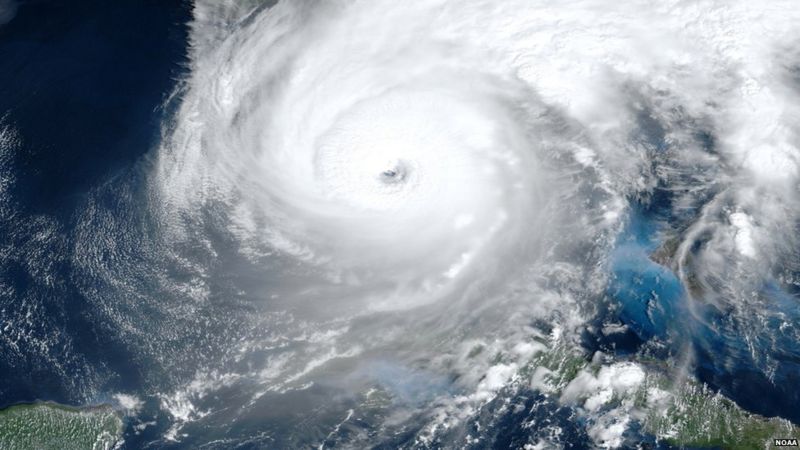The 2024 Atlantic hurricane season officially concluded on Saturday, marking an intense and record-breaking year for storms. The season saw a total of 18 named storms, including 11 hurricanes, five of which were classified as major hurricanes, according to the National Oceanic and Atmospheric Administration (NOAA). This activity exceeded the average for the season and aligned with NOAA’s earlier predictions. Several factors, such as near-record warm ocean temperatures in the Atlantic, contributed to the unusually active season.
The season was marked by significant storms, including Hurricane Beryl, the earliest known Category 5 hurricane in the Atlantic, which made landfall in July. The storm caused widespread damage across Texas and Louisiana, leading to an estimated $28 billion to $32 billion in total losses. However, the most costly storms of the year were Hurricane Milton and Hurricane Helene, both of which left devastating impacts.
Hurricane Milton, a Category 3 storm that hit Florida in October, produced 26 tornadoes and caused catastrophic flooding. Early damage estimates for Milton range from $160 billion to $180 billion. Meanwhile, Hurricane Helene, a powerful Category 4 storm, left a trail of destruction across the Florida Gulf Coast and southern Appalachians. It became the deadliest hurricane in the U.S. since 2005, with over 150 fatalities, most of them in North and South Carolina. Preliminary damage estimates for Helene range from $225 billion to $250 billion.
This year’s hurricane season also broke records for the number of storms forming after the usual peak in September. With 12 named storms forming post-September, seven of which became hurricanes, the season set a new benchmark for late-season storm activity. NOAA’s lead hurricane forecaster, Matthew Rosencrans, remarked that the season began with intense activity, slowed due to unfavorable conditions over Western Africa, and ended with a surge of powerful storms.
The total damages from the 2024 season are estimated to be around $500 billion, making it one of the most expensive hurricane seasons in history. AccuWeather Chief Meteorologist Jon Porter called it a “tremendously expensive and devastating” season, highlighting the destruction wrought by wind, storm surge, flooding, and tornadoes.
With the season now over, authorities are reflecting on the need for continued preparedness and response strategies to mitigate the impact of future hurricanes, particularly as climate change continues to influence storm intensity and frequency.



